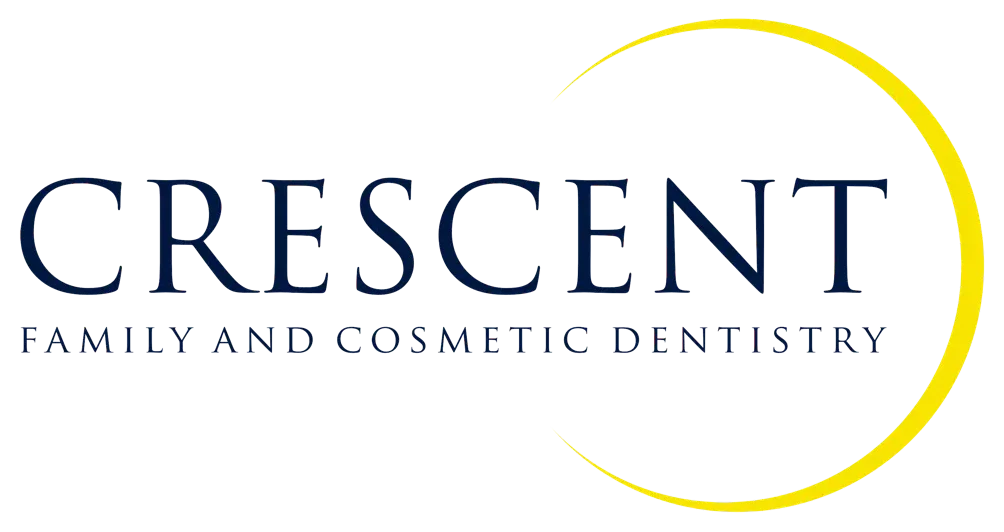How to Tell If You Have a Chipped Tooth
The signs of a chipped tooth are often obvious, but sometimes they may not be immediately noticeable. Here are a few ways to tell if you’ve chipped a tooth:
- Visible Damage: A visible crack, jagged edge, or missing piece of your tooth is the most obvious sign.
- Tooth Sensitivity: You may feel pain or heightened sensitivity when eating hot, cold, or sweet foods. This is because the inner layer of the tooth, called the dentin, may be exposed due to the chip.
- Sharp or Rough Edges: If the chipped tooth feels rough to the touch or irritates the inside of your cheek, it’s important to visit the dentist right away.
- Pain: While not all chipped teeth are painful, you may experience discomfort depending on the extent of the damage. This is often a sign that the chip is deep enough to affect the tooth’s nerves.
Treatment Options for a Chipped Tooth
Once you’ve determined that you have a chipped tooth, it’s important to seek treatment as soon as possible. Here at Crescent Family and Cosmetic Dentistry, we offer several options for repairing chipped teeth, tailored to your specific needs.
- Dental Bonding: If the chip is small and does not affect the tooth’s structure, dental bonding may be a simple and effective option. This involves applying a tooth-colored resin to the chipped area to restore its shape and size. Bonding is quick, non-invasive, and can be completed in a single visit.
- Veneers: For a more significant chip that affects the appearance of the tooth, porcelain veneers may be recommended. Veneers are thin shells of porcelain that are bonded to the front surface of the tooth, covering up the damage and improving the tooth’s overall appearance. Veneers are durable and can give you a natural-looking smile.
- Crowns: For larger chips or when a significant portion of the tooth is missing, a dental crown may be necessary. A crown fully encases the damaged tooth, providing both structural integrity and an aesthetically pleasing appearance. Crowns are durable and can restore the functionality of your tooth.
- Root Canal Treatment: In some cases, a chip may be deep enough to expose the pulp (nerve) of the tooth. If this happens, a root canal may be required to remove the damaged tissue and protect the tooth from further decay. Afterward, a crown will be placed to restore the tooth.
- Tooth Extraction: In extreme cases where the damage is too severe and the tooth cannot be saved, extraction may be the only option. This is a last resort and is usually followed by a replacement option like a dental implant to restore the tooth’s function and appearance.
Preventing a Chipped Tooth
While accidents happen, there are steps you can take to minimize the risk of chipping your teeth in the future:
- Wear a Mouthguard: If you play sports or grind your teeth at night, wearing a mouthguard is essential. A custom-fitted mouthguard will protect your teeth from trauma and reduce the risk of grinding.
- Avoid Hard Foods: Be mindful of what you eat. Avoid chewing on ice, hard candies, or other foods that could put unnecessary pressure on your teeth.
- Maintain Good Oral Hygiene: Proper brushing and flossing will keep your teeth healthy and strong. Regular dental checkups will allow your dentist to spot any issues, such as cavities, before they lead to tooth damage.
- Address Teeth Grinding: If you grind your teeth, talk to your dentist about solutions, such as a nightguard, that can help protect your teeth from unnecessary wear and tear.
When to See a Dentist
If you have a chipped tooth, it’s essential to visit Crescent Family and Cosmetic Dentistry for a consultation. A chipped tooth can lead to further complications if left untreated, including increased risk of decay, infection, or even tooth loss. If you experience any of the following, it’s important to seek professional care immediately:
- A large portion of the tooth is missing.
- You experience severe pain or sensitivity.
- The chip exposes the pulp of the tooth.
- You notice bleeding or swelling around the tooth.
- Your tooth feels loose or unstable.
How Crescent Family and Cosmetic Dentistry Can Help
At Crescent Family and Cosmetic Dentistry, we take pride in offering personalized, high-quality care for all our patients. Whether you have a small chip that needs bonding or a larger issue that requires a crown, we’ll work with you to create a treatment plan that meets your needs and fits your lifestyle. Our team is dedicated to ensuring you feel comfortable and confident throughout the entire process, from diagnosis to restoration.
Get Your Chipped Tooth Treated Today!
Don’t let a chipped tooth affect your smile or your quality of life. Contact Crescent Family and Cosmetic Dentistry today to schedule your consultation. Our experienced team is here to help restore your smile with the best possible care and the most advanced treatments. Whether you need a quick fix or a more extensive restoration, we’ll provide a solution that fits your needs.

